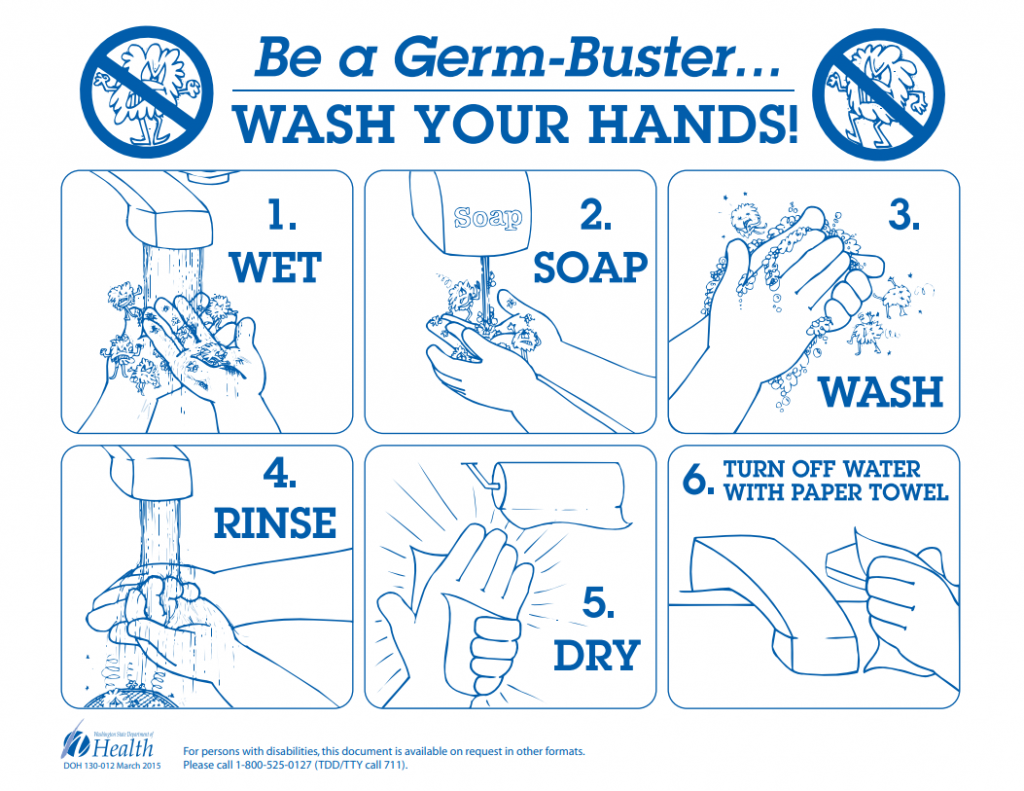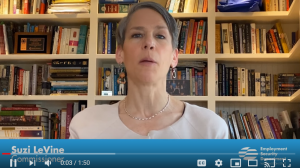COVID-19 is still severely impacting our state, limiting access to education and employment. But there is hope: a new UW projection indicates that our efforts are working and we may hit the “peak” of COVID-19 in our state sooner than expected, with fewer deaths. It’s not over and we have to keep standing tough. There will be more days of social distancing ahead, but we will get through it together.
I’m sharing much of the breaking news I see on my Facebook page, so please like or follow my page to get that information more frequently than these email updates.
COVID-19 UPDATE ON SMALL BUSINESSES, FEDERAL RELIEF, AND A NEW STATEWIDE FOOD RELIEF FUND
Small Business Grants Announced by Governor Inslee
Due to the increased need in our community, I am happy that Governor Inslee has created the Working Washington Small Business Emergency Grants. These grants are designed to assist those small businesses impacted by COVID-19 and qualifying businesses could receive up to $10,000. Businesses can learn about the process and apply here.
For those businesses looking for additional assistance, there are options available from the Small Business Administration. The SBA offers loan assistance which you can find on their COVID-19 website. There are also several other programs to help businesses stay afloat during emergencies. One is The Paycheck Protection Program, which provides loan forgiveness for retaining employees by temporarily expanding the traditional SBA 7(a) loan program. Another is the Economic Injury Disaster Loan Emergency Advance, which is a loan of up to $10,000 for businesses that are experiencing temporary difficulties, such as COVID-19.

The Federal CARES Act
Last month, the U.S. Congress passed the CARES Act. This relief package is the latest federal boost to state and local programs that are struggling with increased need due to COVID-19. There is likely more to come as the state and the nation deal with this crisis. But it is a step in helping local small businesses and workers who were laid off. The CARES Act includes:
- State Coronavirus Relief Fund—$1.624 billion for state government and $1.329 billion for local governments for a total of $2.953 billion, for local and state public health systems, personal protective equipment like masks and gloves for healthcare workers, human services for families struggling, and more;
- Child Care Development Block Grant—$58.2 million which is directed toward helping childcare providers;
- Community Services Block Grant—$11.8 million for local community-based organizations providing local social services and emergency assistance;
- Low-income heating assistance program—$11.1 million to be used to help those who need assistance paying their utility bills; and
- Education Stabilization Fund—$56.6 million, along with $216.9 million for elementary and secondary education. This is particularly important because it will help schools looking at purchasing technology to meet their mandate to support online learning.
Also included in the CARES Act is direct cash assistance to working and middle class families, as well as an increase in the unemployment benefits. And more people will now qualify for unemployment assistance thanks to the CARES Act. For more information, please watch this video from Employment Security Department Commissioner Suzi LeVine.
Homeowner Support from the CARES Act
The CARES Act also brought some much needed relief for homeowners I wanted to make sure you are aware of and can follow-up with my office if you have questions.
First, a foreclosure moratorium is in place. That means that your lender, or loan servicer, may not foreclose on you for 60 days starting March 18, 2020. You also have a right to forbearance for up to 180 days if you are experiencing hardship due to COVID-19. That means that your lender can allow you to pause or reduce your mortgage payment. You will still owe that money and will have to repay any of those payments in the future, but there is no additional fee, penalty, or additional interest beyond your schedule amounts. You also have the right to request an extension for another 180 days. Fannie Mae and Freddie Mac borrowers have additional moratorium and forbearance details. To learn more, visit the Federal Housing Finance Agency website.
Best Practices on How to Protect Yourself and Others

Because there is no vaccine to prevent COVID-19 transmission, the best way to avoid getting the disease is through good hygiene and social distancing. The Centers for Disease Control and Prevention have recommendations on how to accomplish those goals, including:
- Wash your hands with soap and water for at least 20 seconds frequently throughout the day.
- Avoiding touching your face, including your eyes, nose, mouth, and ears.
- Avoid close contact with others – keep distance between yourself and others whenever possible, at least six feet.
- Cover your mouth and nose with a cloth face cover when around others, such as a trip to the grocery store or the pharmacy.
- Cover your cough and sneezes with a tissue or the inside of your elbow.
- Clean and disinfect frequently touched surfaces daily. Every doorknob, light switch, countertop, cabinet handle, desk, keyboard, sink, etc.
WA Food Fund and Local Resources
Governor Inslee announced a new initiative to help ensure families have access to healthy food during the COVID-19 crisis. There is high demand at our food banks and pantries right now and more than ever we need to support people in our communities who are having a hard time putting food on the table. That is why the governor launched the WA Food Fund, which is managed by a network of philanthropies to maximize fundraising efforts. You can learn more about the WA Food Fund on the governor’s Medium post.
The Tacoma-Pierce County Health Department is maintaining a list of frequently sought after resources, including school meal distribution sites and food pantry hours and locations. You can find that on their website at https://www.tpchd.org/healthy-people/diseases/covid-19-resources
One Thing You Can Do While Social Distancing: Fill Out the Census
Being home the last month has been challenging for all of us. But one thing we can all do during this time is to fill out the census. Every 10 years the federal government counts everyone in the country. It’s a constitutional requirement and knowing how many people live in each state helps determine a lot of things, like federal funding for healthcare or transportation, and even how many Representatives we get in Congress. It’s a big deal.
It’s an especially big deal in Washington state, where we have seen a lot of new people move here in the last ten years. Undercounting could lead to major problems, including losing out on critical funding for the Children’s Health Insurance Program, transportation funding for construction and maintenance of highways and bridges, state Medicaid , or foster care and adoption. In 2016, based on our previous census count, Washington received $16 billion from the federal government. If we don’t count everyone in our state, we might not get our fair share of the available funds, leading to cuts in programs our communities count on to stay healthy and safe.
So, while you’re home or if you have a moment, take a few minutes to fill out your census at 2020census.gov. Remember: Stay home, stay healthy, and get counted.
Please share these resources with your friends, family, coworkers, or employers. Do not hesitate to reach out to my office if you have any questions or if I can help you navigate the different options available to you. And remember to follow me on Facebook for additional information I share there on most days.
Finally, please do not hesitate to contact my office at any time if we can assist you. The best number to reach my office, as we work from home to stay safe ourselves, is 360-786-7890 or you can also reach my office at 253-393-2903.
It is an honor to serve as your representative.



